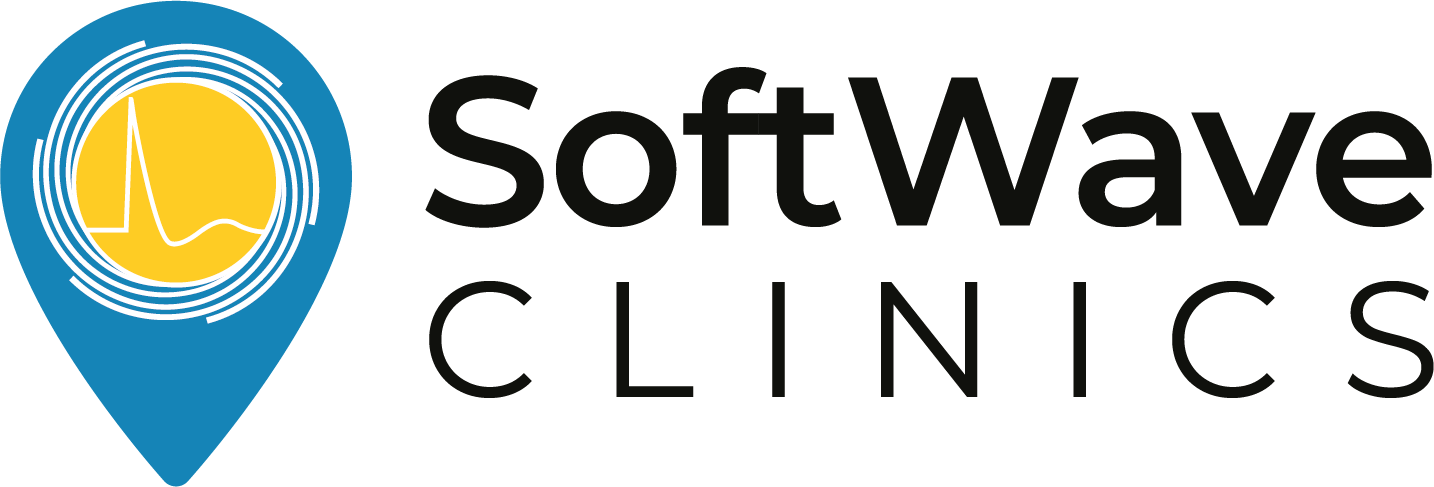Shockwave Therapy Boosts Wound Healing Genes in Diabetic Mice
Authors: Stephen R Zins, Mihret F Amare, Douglas K Tadaki, Eric A Elster, Thomas A Davis
Impaired wound healing is a common problem for people with diabetes and other conditions. Researchers wanted to study the underlying causes of impaired wound healing and how extracorporeal shock wave therapy (ESWT) could help. They tested ESWT on normal and impaired wounds in mice by measuring the expression of various genes related to angiogenesis and inflammation, as well as the speed of wound closure.
They found that non-ESWT treated normal wounds showed a varying pattern of elevated gene expression over time, while impaired wounds had prolonged expression of only a few genes. ESWT treatment led to increased gene expression in both types of wounds, but did not have an effect on wound closure. This study provides a more complete understanding of the underlying mechanisms of impaired wound healing and highlights the potential benefits and limitations of ESWT.
While ESWT may not directly improve wound closure, it does appear to enhance angiogenic gene expression, which could lead to improved healing over time. Further research is needed to fully understand the effects of ESWT on wound healing and to develop more effective treatment strategies.
